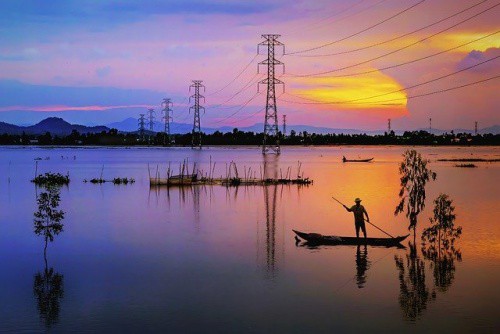Global smart grid deployment is expected to save 1,060 terawatt hours in energy in 2026, the equivalent of equivalent of powering over 42 million 90-minute football matches at Wembley stadium. This is nearly triple the number of energy savings of 316 terawatt hours estimated in 2021.
According to the latest study by Juniper Research, increased sustainability and energy security as critical to the appeal of smart grids, with analytics and demand-responsive networks able to have a dramatic impact in a renewables-heavy future.
Entitled “Smart Grid: Industry Trends, Competitor Leaderboard and Market Forecasts 2021-2026”, the study predicts that vendors who can best combine analytics that deliver operational insights to energy companies, with low-cost sensors and connectivity, will achieve the greatest success.
“To meet ambitious climate targets and lower spiralling operating costs for utility companies, the grid must evolve rapidly into a smart grid. Leveraging connectivity and deploying analytics at scale will be vital in achieving the truly demand-responsive grid that is needed today,” said research co-author Damla Sat.
The new study found that smart grid software, which analyses energy usage in real-time to enable responsive features for utility companies, will be critical to delivering energy and cost savings. The essential nature of these benefits will drive smart grid software spend to over US$38 billion annually by 2026, from US$12 billion in 2021, reflecting its dramatically increasing importance.
Meanwhile, the study found that smart metering roll-outs are growing, with global smart meters in service set to reach over 2 billion in 2026, from 1.1 billion in 2021.
While this represents a growth of just under 95%, adoption is very uneven worldwide, with markets including Latin America and Africa & Middle East lagging significantly behind the leaders in Western Europe and the Far East & China. The research recommends that vendors lobby governments urgently to support smart metering roll-outs, or they will rapidly fall further behind.



